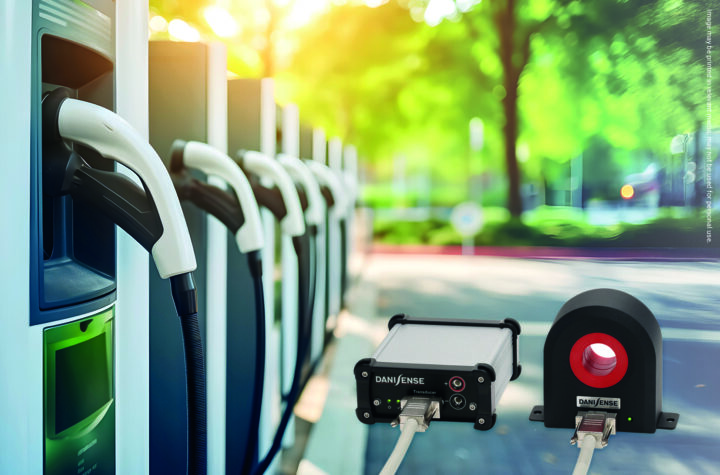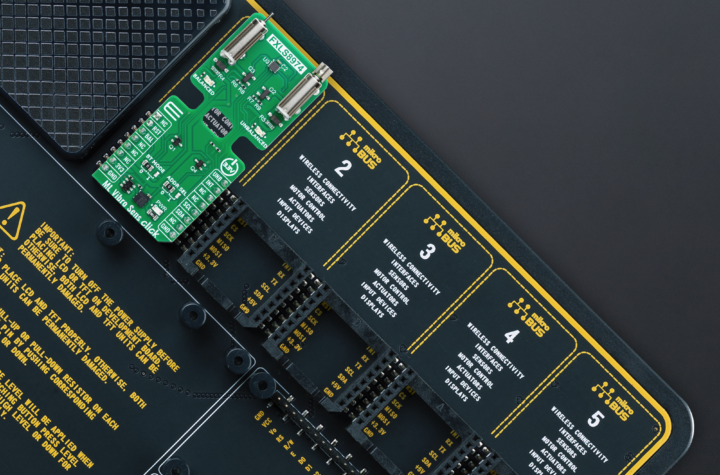
all-new 2008 Chrysler Sebring Convertible is an example of the Chrysler Group’s expanding Flexible Manufacturing Strategy (FMS), which allows the company to bring its new vehicles to market more quickly, and the Sterling Heights (Mich.) Assembly Plant (SHAP) to manufacture multiple products on one assembly line. The all- new 2008 Chrysler Sebring Convertible will be built alongside the Chrysler Sebring sedan and the all-new 2008 Dodge Avenger sedan.
“We are seeing a great deal of success at the Sterling Heights facility due to the commitment of our plant employees,” said Frank Ewasyshyn, Executive Vice President-Manufacturing. “Their willingness to support and foster a small-team workplace model has delivered a successful third vehicle launch.”
The Sterling Heights Assembly Plant and Sterling (Heights) Stamping Plant were extensively retooled beginning in March 2006 to manage the complexity of building multiple models on one production line. The Chrysler Sebring Convertible program is part of a $500 million investment, which included multiple plant upgrades to improve quality, productivity and worker ergonomics. $278 million was invested at the Sterling Heights Assembly Plant to overhaul the body shop and improve the paint shop and assembly areas, including new tooling and about 620 new welding and material handling robots.
“The assembly operation now has the capability to build multiple upper bodies and multiple vehicle families or architectures, which gives us the flexibility to add new models or ‘cross-load’ models from other plants in order to better meet the dynamics of the market,” said Fred Goedtel, Vice President-Small/Premium/Family Vehicle Assembly.
Since the rollout of Chrysler Group’s FMS in 2000, it has been the template for Chrysler Group plant modernization. Sterling Heights Assembly Plant and Sterling Stamping, along with Belvidere Assembly Plant, are the pioneers of this strategy, allowing the company to bring the right products to the market at the right time. SHAP is now able to vary the production mix between three product models and pilot a fourth.
“In addition, the Sterling Stamping Plant can weld and assemble more than one product on the same line. These new capabilities will support the company’s pursuit of product leadership by providing flexibility and efficiently managing increased distinction between the Chrysler, Jeep(R) and Dodge brands,” said Goedtel.
Flexible Manufacturing Strategy (FMS)
Chrysler Group’s FMS allows the company to produce a higher quality product faster, and for a lower cost. In order to balance production with demand, the FMS approach allows the company to efficiently build lower-volume vehicles that take advantage of market niche, and to quickly shift production volumes between different models within a single plant or among multiple plants.
FMS is being implemented product by product and plant by plant across the Chrysler Group. New investment is introducing state-of-the-art technology to Chrysler Group plants, allowing the company to produce more than one vehicle on a production line and conduct rolling launches of new models. Additionally, Chrysler Group’s workforce is becoming more flexible with the implementation of team concepts and an increased emphasis on supporting assembly line operators.
Robotics
At the core of the new manufacturing process at Sterling Heights Assembly is a body shop comprised of 620 new robots instead of the vehicle-specific heavy tooling that was previously used, for a total of 784 robots in the Body Shop. Only the robots’ end effectors, or “hands,” need to change in order to build the different models. That tool change is done automatically, within the time it takes to cycle from one vehicle to the next. A fourth model can also be piloted-or test-built-at the same time, helping reduce the time needed to make new-model changeovers. The Trim, Chassis and Final (TCF) areas received a new glass cell, windshield decking, chassis insertion loop system, fluid fill equipment and rolls-test machines. Each of these improved processes has contributed favorably to the plant’s overall productivity and efficiency efforts.
Smart Manufacturing
A new workplace organizational model, coined “Smart Manufacturing,” is increasing the flexibility of the SHAP workforce, while fostering greater creativity and innovation from plant employees. This model is being implemented throughout the Chrysler Group’s Manufacturing organization in conjunction with the UAW. In addition to extensive training, the new workplace model promotes employee involvement in all facets in the design and processing of the work stations. These changes provide a better work environment for employees and give increased support to assembly line team members while improving the Safety, Quality, Delivery, Cost and Morale.
Chrysler Group is the city of Sterling Heights’ second-largest employer and has more than 4,500 employees working in two plants. The 3 million square- foot Sterling Heights Assembly Plant occupies 286 acres. In total, the Chrysler Group provides $150 million in annual wages and more than $5 million in taxable income to the state of Michigan.
Sterling Heights Assembly Plant opened in 1953 as a jet engine factory. The plant was purchased by Chrysler Group in 1983. SHAP is home to United Auto Workers Locals 1700, 889 and 412. Sterling Stamping is 2.7 million square feet and employs 2,500 people. The plant is home to UAW Locals 1264,889 and 412. The plant investment is just the latest in a long, cooperative partnership with the City of Sterling Heights.














More Stories
How Diesel Pickups Are Outperforming Gas Trucks on Tough Jobs
Essential Steps To Help Your Vehicle Retain Value
AVL ThermalLab™ brings dynamic road VTMS conditions to the laboratory